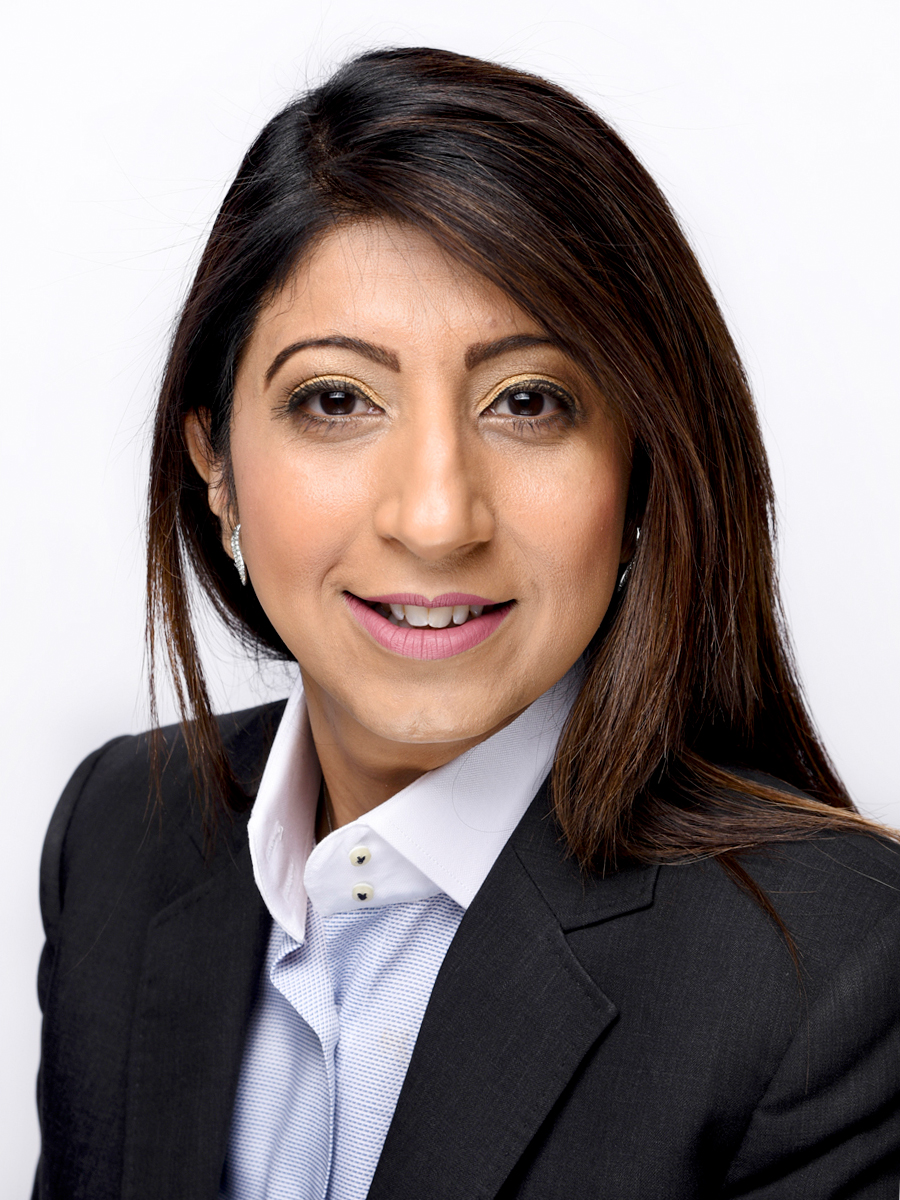
"An inspiring educational experience is the greatest gift we can give our children and that is why choosing the right school for your child is one of the most important decisions a family can make. A genuine ethos of warmth and positive learning has been instilled across our school and the flame of learning is well and truly lit at Hartland International School. I look forward to welcoming you and your family to join us on our journey."

Key Stage 2 offers a rigorous education based on the National Curriculum for England, deepening students' knowledge and skills across core and specialist subjects. In English, students engage with a variety of texts to enhance their reading, writing, speaking, and listening skills. Mathematics covers a wide range of concepts, encouraging creative problem-solving and participation in challenges like the Primary Maths Challenge. Inquiry-based science promotes curiosity and hands-on experimentation. Specialist subjects include Art, PE, and Music, guided by specialist teachers to foster creativity, physical fitness, and musical appreciation. Our programme equips them with knowledge, critical thinking, and essential life skills such as collaboration, presentation, and even healthy debate.

Key Stage 2 students enjoy a variety of extracurricular activities that enhance their learning and personal growth. Sports options like football, basketball, rugby, cricket, netball, tennis, aquathlon, cross-country, athletics, swimming, and golf promote fitness, resilience, and teamwork. Creative arts activities, including drama clubs (such as LAMDA), music lessons, and art clubs, foster performance skills, creativity, and self-expression. The enrichment programme offers over 130 activities, including the Formula One club, encouraging new passions and critical thinking. Outdoor activities like horse riding at the Al Habtoor Polo Club and skiing at Ski Dubai develop resilience and a sense of adventure. The House System, dividing students into Mushrif, Creekside, Zabeel, and Safa, engages them in competitions and flagship events like Hartland’s Got Talent, Sports Day, and the Dubai Fitness Challenge 30x30, fostering community and healthy competition.

Pastoral care for Key Stage 2 students at Hartland International School ensures every child feels secure, valued, and supported. The ‘Hart to Hearts’ programme allows teachers to build strong relationships and provide personalised support. Lessons on well-being, growth mindset, and meta-cognition help students manage emotions and build resilience. An inclusive approach with a Primary phase Counsellor, specialist teachers that offer additional support, and a Gifted and Talented coordinator ensures more able students excel. Regular communication with parents fosters a collaborative effort in supporting each child. The school's facilities, including a gym, pool, library, auditorium, sports pitches, and ICT suite, enhance both academic and extracurricular activities, helping students develop into confident, independent, and socially skilled individuals.
Students then delve into mathematics, applying concepts to real-life situations and tackling challenges like problem-solving and logical reasoning. Lessons are tailored to stretch students’ abilities, with opportunities for more advanced challenges like the Primary Maths Challenge.
The day concludes with a reflection period where students discuss what they’ve learnt and engage in wellbeing activities. Whether it’s a mindfulness session or a ‘Hart to Hearts’ conversation, this time is dedicated to ensuring students leave the school day feeling positive and supported.
At Hartland, a nurturing environment is fostered through personalised attention and strong teacher-student relationships. Programmes like "Hart to Hearts" and dedicated well-being lessons ensure students feel valued and supported. The school prioritises social and emotional development, promoting a sense of belonging and community among students, teachers, and parents.
Hartland's curriculum evolves with students' developing talents, encouraging inquisitiveness and deeper engagement with subjects. A comprehensive academic programme, aligned with the National Curriculum, and supported by HPL, develops critical thinking and essential life skills. This approach prepares students for future success, inspiring ambition through rigorous coursework and opportunities for independent research.
Hartland challenges students with a rigorous academic curriculum and a vibrant array of extra-curricular activities. The Hartland Enrichment Programme offers over 130 activities, complementing the regular curriculum. This programme, along with initiatives like the Duke of Edinburgh’s International Award, fosters creativity, physical skills, and a love for exploration, ensuring a well-rounded educational experience.